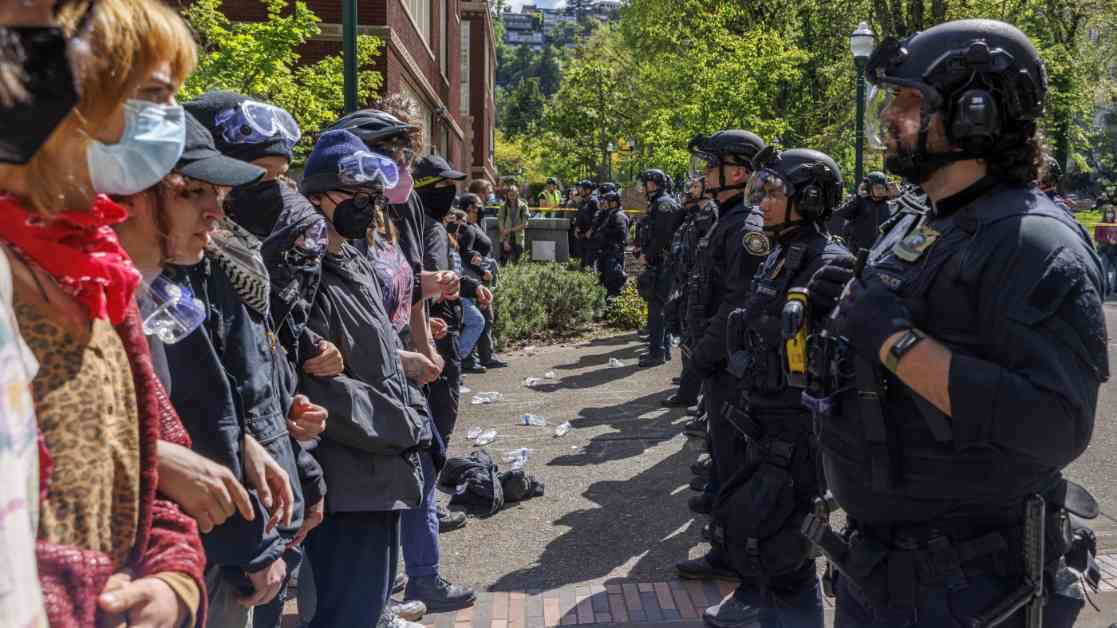Many pro-Palestinian student activists are preparing for the upcoming semester after a lull in protests during the summer break. Students are strategizing and planning different actions for the fall. Some are planning to escalate protests, while others are opting for a more diplomatic approach.
In response to the escalating conflict in the Middle East, schools are bracing for potentially turbulent fall semesters. Many institutions are tightening their rules on protests and disciplinary processes. Some schools are rolling out new policies to limit the duration and scope of demonstrations on campus.
However, these changes are facing criticism from organizations advocating for free speech on campus. They argue that some restrictions are too strict and may limit students’ ability to express themselves freely. Schools are under pressure to strike a balance between free speech and maintaining a safe and welcoming campus environment.
Some student activists are choosing a less confrontational approach this fall due to fears of arrest or academic repercussions. However, others believe that a more diplomatic strategy might be more effective in achieving their goals. Students are engaging in role-playing exercises to test different negotiation strategies.
Meanwhile, pro-Israel students are also gearing up for more activism on campus after laying low last year. They plan to increase their visibility and counter what they perceive as slander against Israel. Schools are implementing programs to promote civil discourse and education, aiming to reduce tensions and encourage dialogue across ideological divides.
Ultimately, universities are facing the challenge of managing student activism while upholding free speech and creating a safe and inclusive campus environment. As students gear up for the fall semester, schools are working to navigate these complex issues and foster constructive engagement among student groups with differing perspectives.


